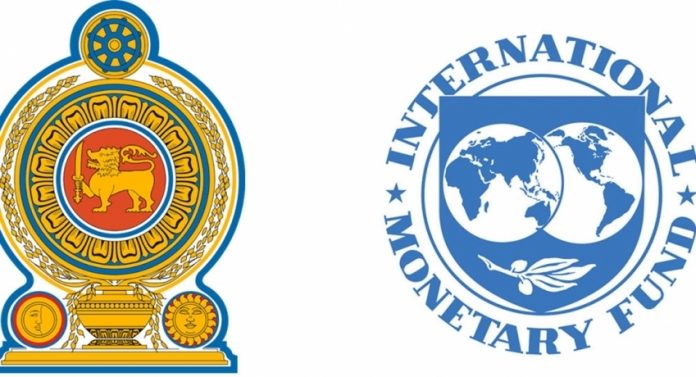The International Monetary Fund (IMF) has requested Sri Lanka to implement a strict fiscal and monetary policy protecting the livelihoods of the most vulnerable poorest of the poor people.
“Fiscal policy should be devised on a revenue-based consolidation strategy that increases ability of the country to raise revenues and to address most critical spending needs while further tightening monetary policy,” Anne-Marie Gulde-Wolf, IMF Acting Director for Asia and the Pacific said this week.
On revenue-based consolidation, she said that wherever possible the taxes should be paid more by those that are well off compared to the most vulnerable segments of society.
The raising of revenue has become a very difficult and gigantic task after the present government’s action in 2019 to do away with a range of taxes and turning it around cannot be done overnight, Senior Commissioner of the Inland Revenue Department (IRD) Sarath Abeyratnesaid.
He noted that the country has lost more than Rs.1 trillion in tax revenue with a 33.5 per cent decline in the number of registered taxpayers (corporate and individual) in the country during the past two years.
This decline is most probably connected with particularly the increase in thresholds for Value Added Tax (VAT) and the abolition of Pay As You Earn (PAYE) tax and later replacing it by the Advance Personal Income Tax (APIT) which is an optional scheme, he pointed out.
A large number of tax files has to be closed and the expected economic stimulus has not been realised by not heeding to advise given to senior officials of the Treasury and IRD, he said adding that a handful of advisors controlled the public administration machinery.
Money printing or currency pumping and borrowing have become the order of the day instead of raising revenue from taxes and controlling public expenditure during the past two years, he said.
Monetary policy has to be tightened to keep inflation in check and there was a need for a flexible exchange rate, former Central Bank Deputy Governor Dr W.A. Wijewardena said.
The government has to increase taxes to meet rising public expenditure and suspending capital expenditure by the Finance Ministry is not sufficient to tackle the present fiscal crisis, he added.
